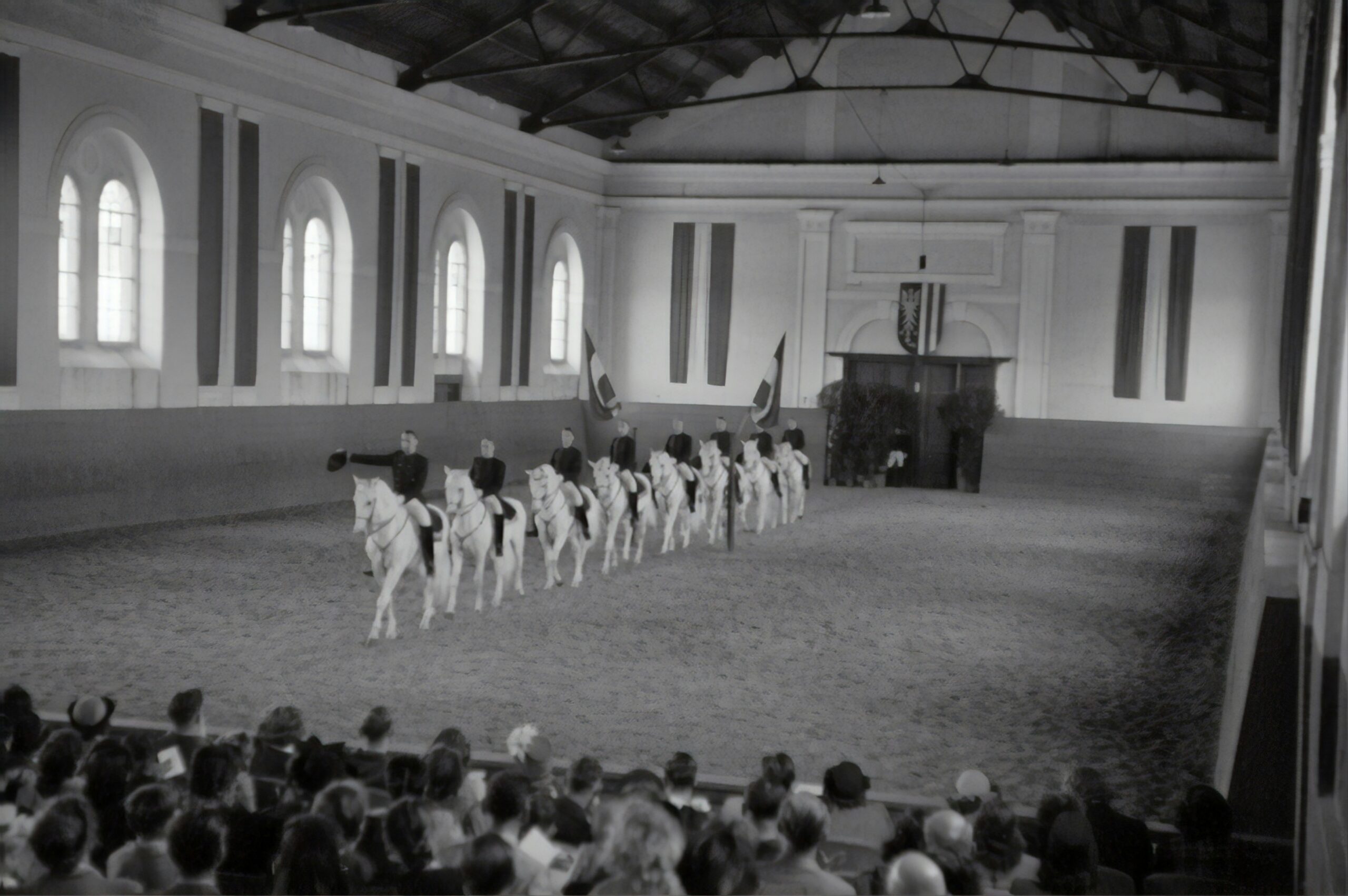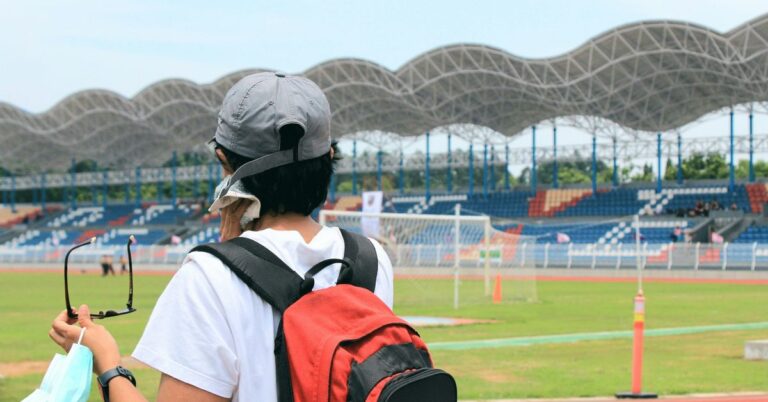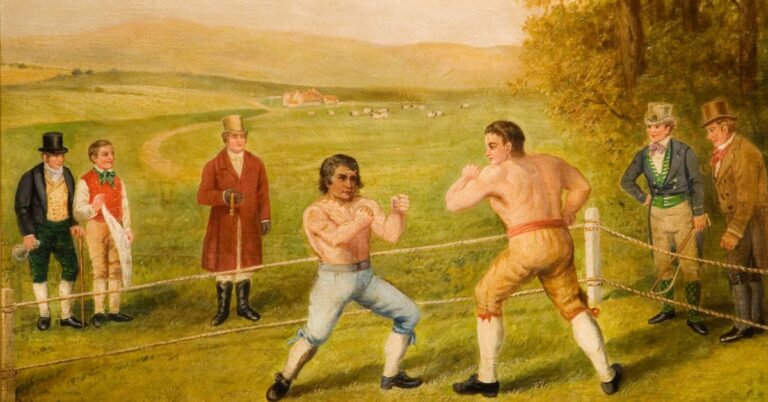
Cultural Influence of Sports on Youth Development
Sports play a significant role in shaping the cultural fabric of societies, especially in relation to youth development. This influence extends beyond physical fitness to encompass social, emotional, and psychological growth. Here, we explore how sports impact the cultural development of youth, drawing on various aspects and examples.
Social Integration and Community Cohesion
Sports act as a powerful tool for social integration among youth from diverse backgrounds. Participating in team sports fosters camaraderie, cooperation, and mutual respect. According to Dr. Karen Salmon, a researcher in youth development, “Team sports teach young people how to work together towards a common goal, transcending differences in background or ethnicity.”
- Example: In the United States, the popularity of basketball has created urban leagues that bring together youth from different neighborhoods, promoting community cohesion.
Identity Formation and Cultural Pride
Engagement in sports often plays a pivotal role in shaping individual and group identities among youth. Whether through representing their local teams or national squads, young athletes develop a sense of pride in their cultural heritage.
“When I play cricket for my country, I am not just representing myself but my entire nation. It gives me a profound sense of identity and responsibility,” shares Asha Patel, a young cricketer from India.
- Example: The Olympic Games provide a global platform where athletes proudly display their national identities, showcasing diversity and cultural richness.
Health and Well-being
Physical health is a direct benefit of sports participation, but its impact on mental well-being is equally significant. Studies by the World Health Organization indicate that active involvement in sports reduces stress, anxiety, and depression among young people.
- Example: In Japan, sumo wrestling not only promotes physical fitness but also emphasizes discipline and mental resilience, contributing to overall well-being.
Educational and Career Opportunities
For many young athletes, sports open doors to educational scholarships and career opportunities that might otherwise be inaccessible. Colleges and universities often recruit talented athletes, providing them with academic support and a pathway to higher education.
- Example: The Ivy League schools in the United States actively recruit student-athletes, recognizing the value of sports in shaping well-rounded individuals.
Challenges and Opportunities for Growth
While sports offer numerous benefits, they also present challenges such as competition, injuries, and pressure to perform. These challenges, however, provide valuable opportunities for personal growth, resilience, and the development of life skills.
“Losing a match taught me more about perseverance than winning ever did. It taught me to bounce back stronger,” reflects Carlos Gutierrez, a young soccer player from Mexico.
Conclusion
The cultural influence of sports on youth development is multifaceted, impacting social integration, identity formation, health, education, and personal growth. As societies continue to recognize the value of sports beyond mere recreation, investing in youth sports programs becomes crucial for nurturing future generations.
By harnessing the power of sports, communities can empower young people to become not only healthier individuals but also culturally aware global citizens.



